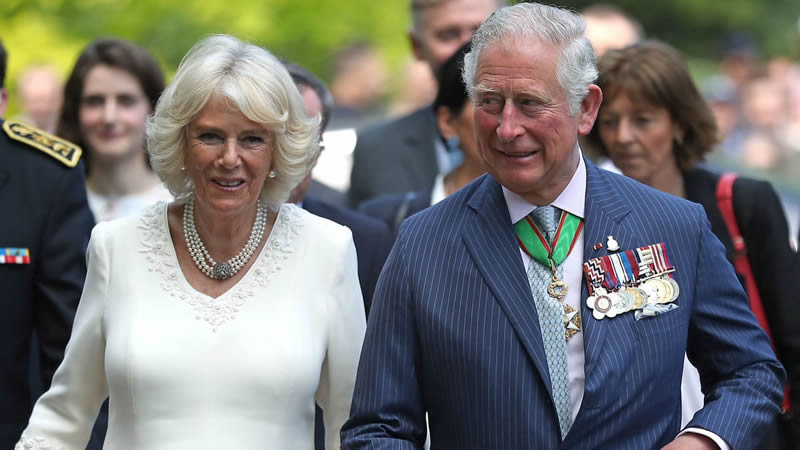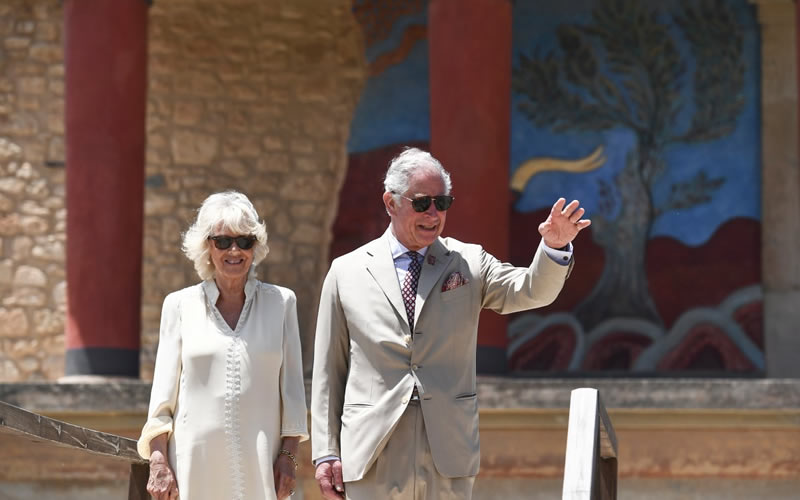How Prince Charles and Duchess Camilla’s Greece visit will be affected by COVID-19

(Getty)
The Prince of Wales and the Duchess of Cornwall are visiting Athens in Greece this week, making them the first royals to undertake an overseas trip in 2021.
But with much of the world still in the midst of the COVID-19 pandemic, it raises questions about how easily they will be able to travel and what safety measures are in place.
Why are Prince Charles and Duchess Camilla visiting Greece?
During their two-day visit, Prince Charles, 72, and Camilla, 73 will attend the Bicentenary Independence Day celebrations, which are held on 24 March, before returning to the UK the next day.
Clarence House said in a statement: “At the request of the British Government, Their Royal Highnesses the Prince of Wales and the Duchess of Cornwall will attend the Bicentenary Independence Day celebrations in Athens from 24th-25th March.
“This follows an invitation from the Prime Minister of Greece, Mr Kyriakos Mitsotakis.”
Charles and Camilla’s whirlwind tour marks the Prince’s third official visit to the country, but only the second trip for the Duchess, who joined Charles for her first visit in 2018.
What are the COVID-19 travel rules in the UK?

Prince Charles and Duchess Camilla last visited Greece in 2018
International travel is still not permitted following the third national lockdown. According to Prime Minister Boris Johnson’s roadmap, the earliest date the British public could go abroad for a holiday is 17 May. From Monday 29 March, anyone who tries to travel without a valid reason will be fined £5,000.
Their trip to Greece will be Charles and Camilla’s second overseas trip following the outbreak of the coronavirus pandemic, after their planned visits to Bosnia, Cyprus and Jordan were cancelled days before they were due to fly.
In November, the royal couple travelled to Berlin in Germany to attend the Remembrance Ceremony to commemorate the annual National Day of Mourning.
What is the COVID-19 situation in Greece?

The couple will take safety precautions, as they did in Berlin in November 2020
The royals will need to wear a face mask in all public places during their time in Greece.
Due to an increase in coronavirus cases, there are also several more restrictions in place in Athens, Thessaloniki and Chalkidiki. In Athens, these include curfews, limited opening hours for supermarkets and other retail outlets, and only 64% capacity on public transport, according to Gov.uk.
Anyone travelling to Greece is required to complete a Passenger Locator Form before they travel (both into and out of Greece) and provide evidence of a negative PCR test within 72 hours before their arrival time.
Currently, those who arrive by plane from the UK are also required to undergo a rapid COVID-19 test on arrival, and if the result is negative, self-isolate for seven days before undergoing a fresh PCR test.


